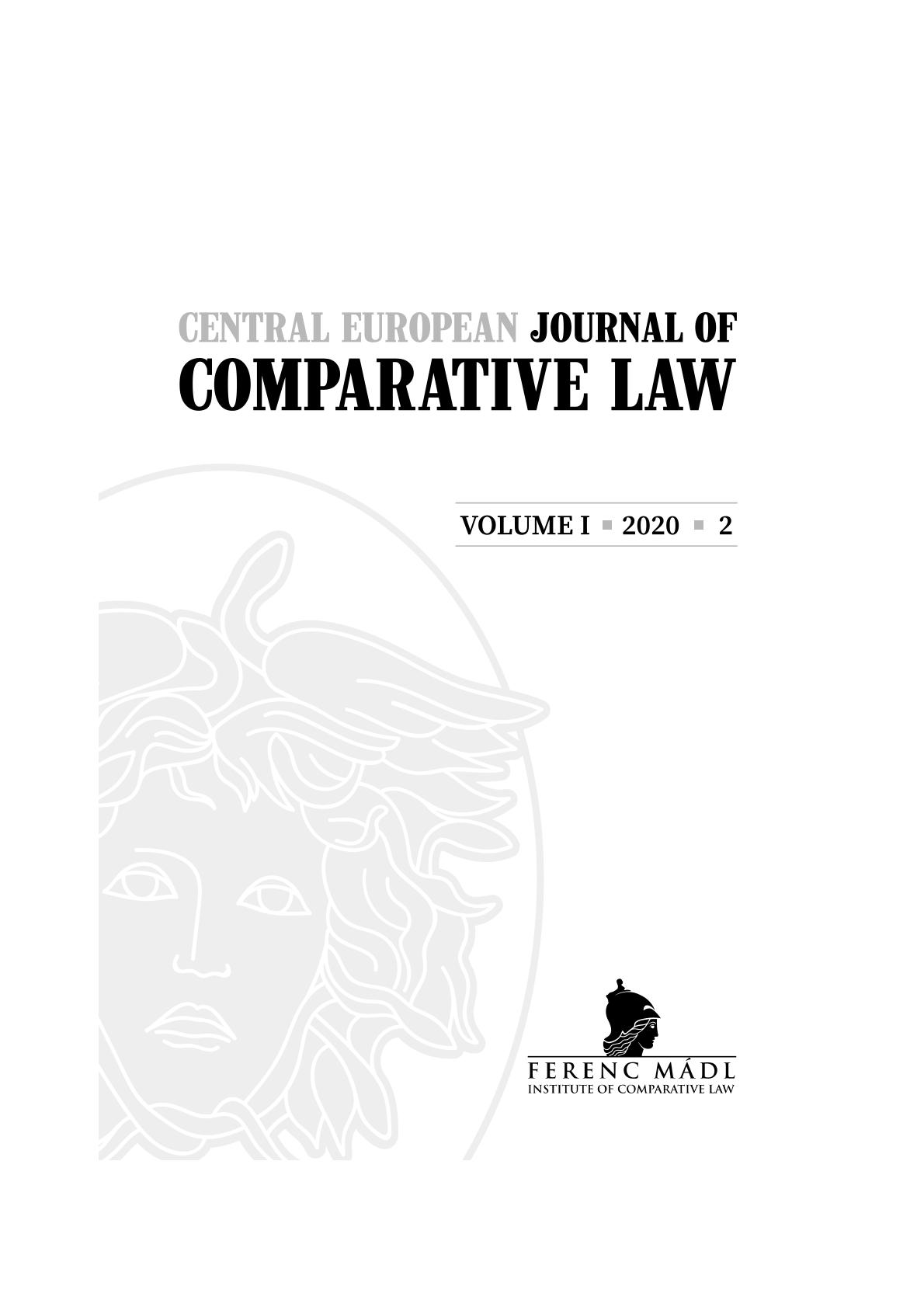The Principle of the Primacy of EU Law in Light of the Case Law of the Constitutional Courts of Italy, Germany, France, and Austria
The Principle of the Primacy of EU Law in Light of the Case Law of the Constitutional Courts of Italy, Germany, France, and Austria
Author(s): Julianna Sára Traser, Nóra Béres, György Marinkás, Erzsébet PékSubject(s): Constitutional Law, EU-Legislation
Published by: Mádl Ferenc Összehasonlító Jogi Intézet
Keywords: primacy of EU law; Constitutional Court interpretation of the primacy of EU Law; restraints of constitutionality; ultra vires Community acts; constitutional identity; EU clause
Summary/Abstract: This article examines the relationship among national constitutions, constitutional courts, and the primacy of Community Law in connection with four Member States (Germany, France, Italy, and Austria). It starts with the question of whether national constitutions contain a European Union (EU) clause and explicitly provide for the primacy of Community Law. It examines whether any constitutional restriction or reservation has been elaborated in the case law of constitutional courts, and the extent to which the constitutional courts examined can exercise control indirectly over cases of conformity of EU legislative acts with constitutions or cases of misuse of powers (ultra vires acts). The constitutions examined can be considered uniform in that they contain references to the individual Member States’ relationships with the EU and create the possibility of restricting their competence or sovereignty. However, they do not declare the principle of the primacy of Community Law. As a consequence, the constitutional courts of Member States play a key role in the interpretation of the principle of the primacy of Community Law, including the formulation of constitutional requirements and counterbalances in connection with the enforcement of the principle. A reference to constitutional identity appears in the case law of recent decades, the elements of which are elaborated on and filled with more or less specific content by the constitutional courts on a case-by-case basis. In the event of a possible violation of constitutional identity or principles with unconditional effectiveness, some constitutional courts exclude the possibility of Community Law being invoked against the constitution of a Member State, but at least on a case-by-case basis, they maintain the possibility of inapplicability or of creating compatibility. In the latter respect, the article also addresses the limited nature of the powers of constitutional courts to examine the compatibility of EU Treaties and their amendments with the constitution of a Member State (see ex-ante or ex-post review, procedural or substantive examination).
Journal: Central European Journal of Comparative Law
- Issue Year: 1/2020
- Issue No: 2
- Page Range: 151-175
- Page Count: 25
- Language: English

